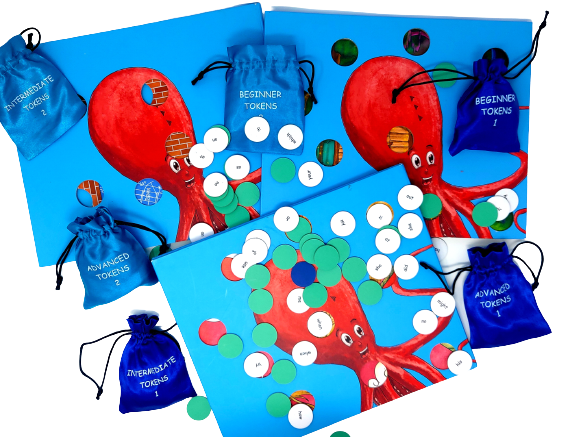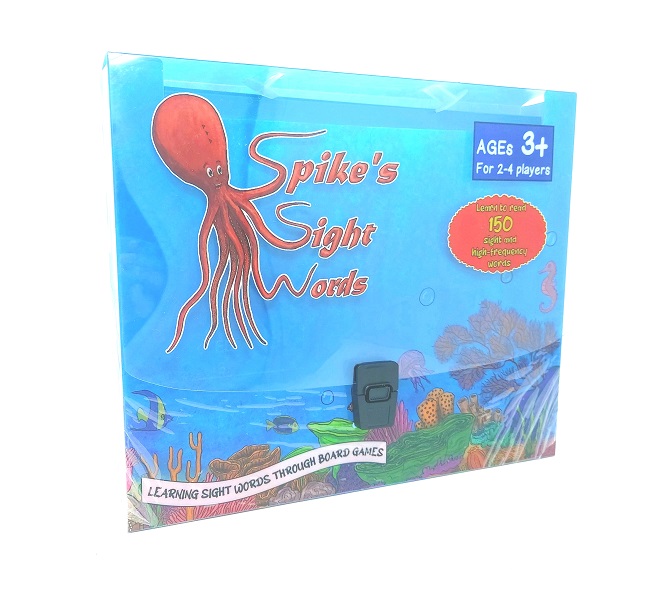
Research shows that people learn best from experiences that are joyful, that meaningfully connect the play to their lives, actively engaging, allow testing things iteratively and are socially interactive.
The Science Behind Learning and Play
Studies have shown that when children play, their brains become more receptive to learning. This is because play stimulates the release of dopamine, a neurotransmitter that enhances memory and concentration. By integrating learning and play, educational games create an environment where reading becomes both fun and effective.

Benefits of Educational Games in Reading
They provide a rich, immersive environment where reading becomes an adventure rather than a chore. Whether it’s through colourful narratives, challenging puzzles, or interactive stories, educational games are redefining the way children approach and appreciate reading.
Enhanced Motivation:
Educational games, with their interactive elements, rewards, and challenges, can motivate children to spend more time reading and engaging with the content.
Vocabulary Expansion:
Many games introduce children to new words in a contextual setting, making it easier for them to understand and remember these words. The repetitive exposure to these words within the game environment reinforces memory retention, ensuring that new vocabulary is not just learned but also retained.
Improved Comprehension:
Games often require players to read instructions, follow narratives, or answer questions. This encourages children to read with understanding, enhancing their comprehension skills.
Improved Spelling Skills:
Many educational games incorporate word-based challenges, puzzles, or activities that require players to spell words correctly to progress. As children engage with these games, they are exposed to correct word spellings repeatedly, aiding in their retention.
HAVE A LOOK AT OUR EDUCATIONAL BOARD GAMES

